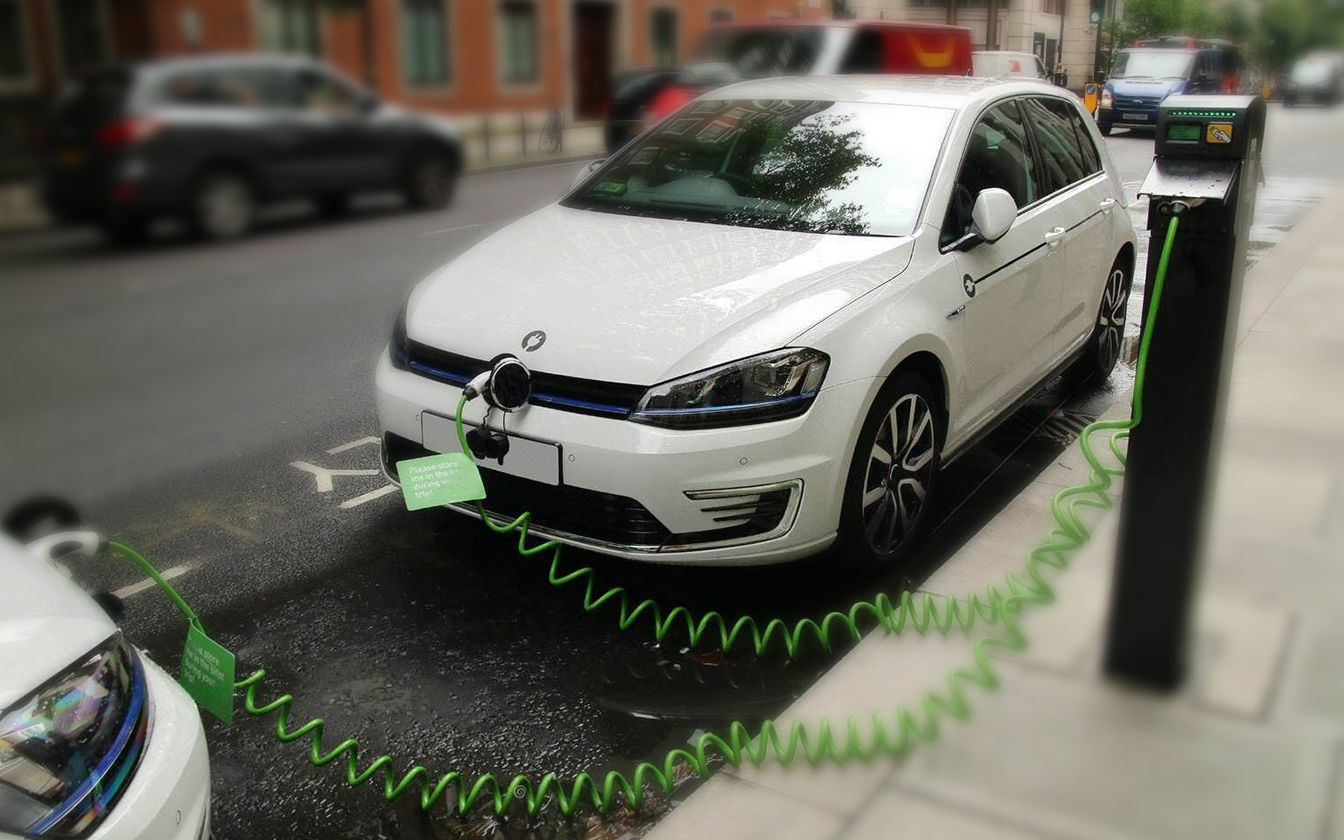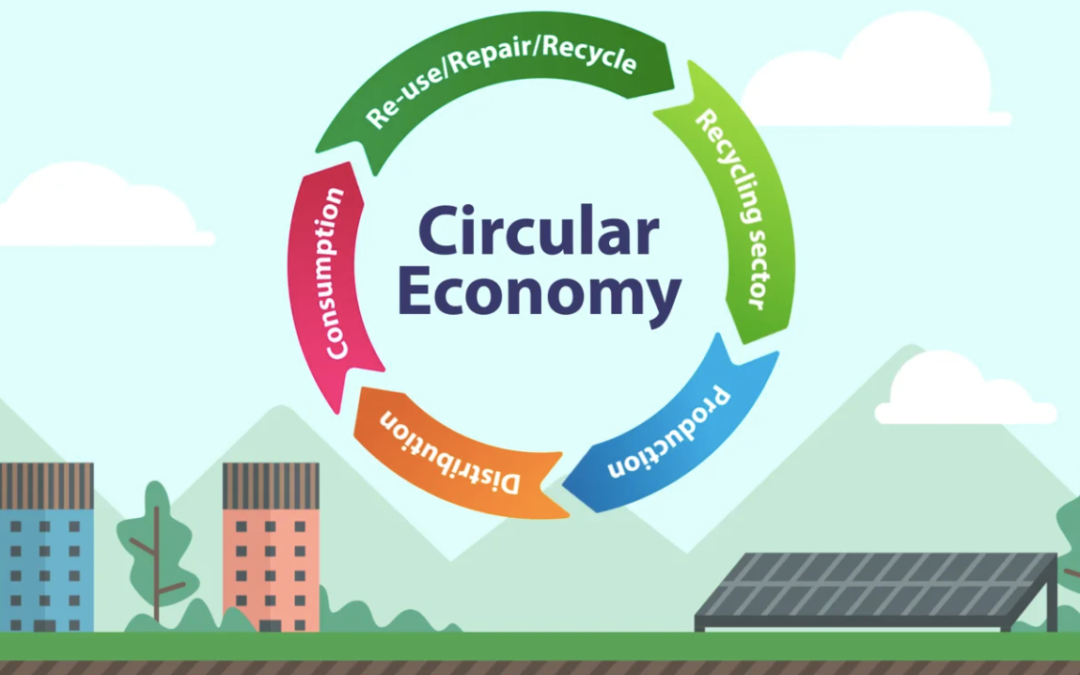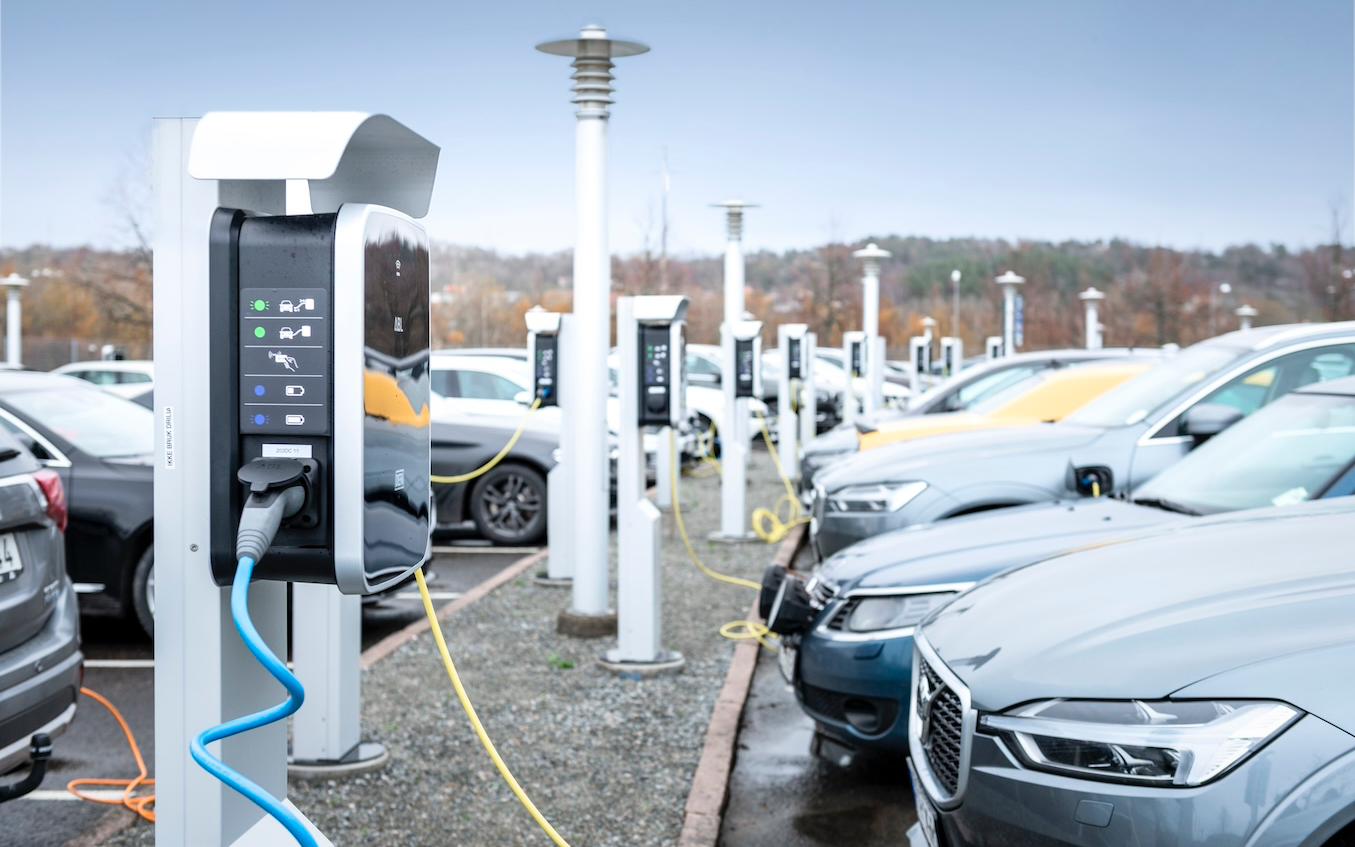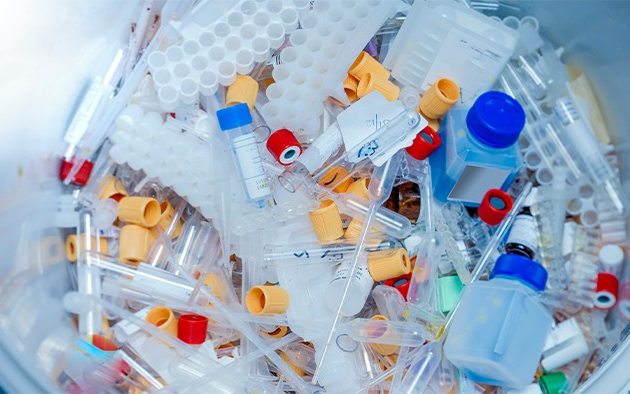Sparking debate: can the industry do more on energy and transport sustainability?
By Chris Wheal
April 11, 2024

Using electric vehicles but from gas- and coal-powered energy generation
Electricity is going to be key to industry sustainability drives. But there’s a mish-mash of issues to be resolved for the sector to make real strides.
The Climate Group’s EV100 Progress and Insights Report recently looked at the transition to EVs among the 128 companies that had joined the scheme.
AstraZeneca was in fifth place for the number of markets where it deploys EVs (50 countries). Collectively the EV100 companies have EV commitments in 117 countries.
The Top 10 corporate fleet commitments lists:
- Bayer in seventh place with 25,335 vehicles
- AstraZeneca in ninth place with 20,494
- Novartis in 10th place with 16,855 EVs.
The UK was the second largest market for EV adoption, with 116,259 EVs already on the road (up 7,459 in the past year), behind India with nearly four times as many. However, UK-headquartered members make up around one third of EV100’s network. The UK has more than 700,000 committed vehicles across UK-based member fleets, making it the lead market.
One problem is the UK is well behind in terms of making its energy sources green. A report from DWS Research Institute looking at countries’ transformation to environmentally friendly economies was damning on the UK’s record. Its energy transformation record was in the lowest of five categories in it heat map, while transportation was only one above.
Energize
The pharmaceutical sector launched an initiative in 2021 to help firms along its supply chain to success renewable energy supplies. Called Energize, it is run by Schneider Electric.Initial sponsor firms included:
- AstraZeneca
- Novartis
- Biogen
- Novo Nordisk
- GSK
- Pfizer
- Johnson & Johnson
- Sanofi
- MSD
- Takeda
In December 2023, new sponsors Boehringer Ingelheim, Charles River Laboratories, Roche, Merck KGaA and Haleon came on board.
However, a spokesman for the scheme told PharmaLifeScience that there has been no activity in Ireland and the UK has only just formed a cohort that consists of seven companies including some program sponsors.
That means there are now five buyer cohorts (one in North America, one in the UK and three in the EU), with four sponsors and 16 suppliers participating in the cohorts. Schneider says: “Together, these companies represent an aggregate electricity demand in excess of 2 terawatt hours (TWh) to be addressed with clean power solutions.”
The company says: “The UK cohort is on track to go to market in Q2 2024. Going to market consists of launching a request for proposals to get bids back from developers. From here, the cohort needs some time, and the detailed results are not immediate.”
It’s fair to say that an initiative launched in 2021 that has not yet gone to market is not off to an electric start. Sadly, we’re still cooking on gas.
Do you have a sustainability success story to share? Get in touch.







.png)